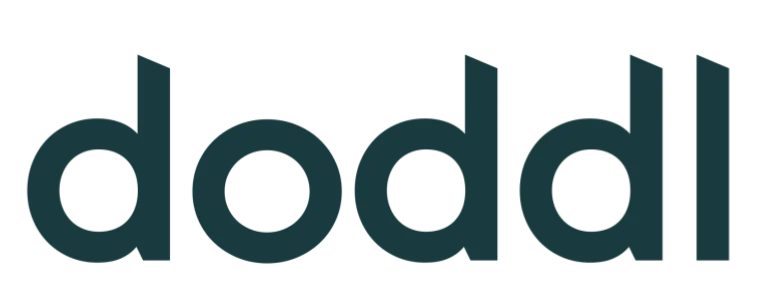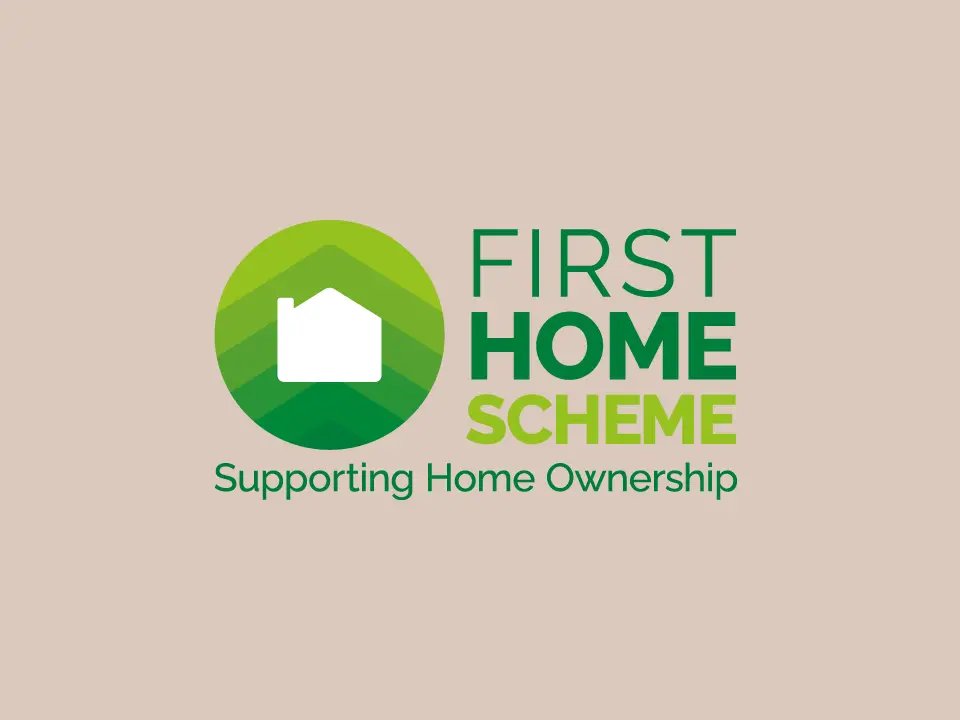The First Home Scheme is designed to support home ownership by bridging the gap between what an eligible first time buyer can secure as mortgage approval under Central Bank loan to income rules plus their deposit versus the purchase price of the new build property they are hoping to purchase.
How much can I get under the First Home Scheme?
The scheme will pay up to 30% of the cost of a new home in return for a 30% equity share in your home, this is reduce to 20% if you are using the FHS in conjunction with the Help to Buy (HTB) scheme.
Price ceilings exist depend on local authority area and are reviewed twice annually. The first review since launch was just end 2022, based on customer feedback, CSO data, feedback from local authority areas. All but one price range adjusted end last year.
Can I use the first home scheme to buy a second hand property?
No currently the first home scheme is for new build homes only.
The first home scheme does not currently fund second hand homes, Government policy to encourage first time buyers to buy new homes as new homes are greener so this contribute to the stated climate action policy of Government. Also the supply of second hand homes on the market is diminishing and policy is to keep the second hand market for those trading up and to encourage first time buyers to purchase new builds where infrastructure facilities are being factored in.
How to apply for the first home scheme?
- Bar is very low for eligibility for scheme – you need to be a first time buyer*, purchasing a new build home and approval with one of the banks who back the scheme.
- First home scheme do not underwrite, all approval/mortgage details are checked by the bank who issue approval.
- Steps involved to apply for the First Home Scheme (FHS) –
- get mortgage approval from one of the lenders who back the scheme -> our mortgage advisors at doddl can get your approval in place – lets get started – click here
- go to the FHS website and apply for an eligibility cert (you can register on the site pre-approval and you can check what you could be eligible for but cannot apply until you have approval)
- Go onto website to register but cannot apply for scheme until you have mortgage approval in place, all application process for FHS on their website and helpline and call centre.
- Upload approval then go through standard AML criteria upload, 40 mins to do application online, FHS review it and issue eligibility cert within 2-3 days max.
- Download eligibility cert and take it to estate agent when house hunting
- Eligibility cert will issue for particular development so you do need to include a development in the cert but not the house number.
- If you don’t secure a home in the development noted on the cert you can still use the cert for any other developments within the same local authority area.
- If you go to a different local authority you need to update eligibility cert as there are different price ceilings for local authorities.
Note the price ceiling is €475,k for house in all 4 local authorities in Dublin
-
- Once you secure a property the eligibility cert should be updated to reflect development your new home is in
* Fresh start principle divorce or insolvency process and now no longer have an interest in family home or any other home can avail of FHS, Central Bank also recently changed rules on lending to such individuals.
Examples of the first home scheme
Worked example 1
- House price = €320,000
- Household Income = €60,000
- Maximum mortgage available loan to income rules = €240,000
- Client was eligible for help to buy €30,000 (capped at max €30k or 10% of purchase price)
- Client had €15,000 savings.
- Shortfall between purchase price and HTB/Savings = €35,000
- First Home Scheme will provide equity of €35,000 to bridge the gap and the equity held will be 11%
Worked example 2
- House price = €475,000
- Household Income = €85,000
- Maximum mortgage available loan to income rules = €340,000
- Help to Buy €30,000
- Client savings €10,000
- Shortfall between purchase price and HTB/Savings = €95,000
- Max amount from first home scheme 20% when combined with HTB so FHS can fund €95,000 shortfall.
- Note if no help to buy being availed of FHS can fund up to 30% of purchase price/value.
- The equity share provided by the First Home Scheme on day 1 will be a percentage of the property value so in the above scenario 20% stake at time of purchase.
What happens if value goes up
- Home worth €550,000 at sale, then 20% €110,000 would be due back to clear equity stake
- Conversely house drops in value and is worth €400,000 then amount due back at 20% is €80,000
Is interest charged on the first home scheme?
- There will be no interest charged on the funds from shared equity scheme
- However, a service charge will apply to the equity stake from Year 6 onwards and will apply until the full equity is redeemed. You can choose to pay this or roll up as part of the equity.
- The following service charge rates will apply to the equity share:
- 0-5 years: 0%
- 6-15 years: 1.75%
- 16-29 years: 2.15%
- 30+ years: 2.85%
- The service charge is based on simple interest percentage of the initial capital deployed and reduces as capital is redeemed.
- The scheme is not regulated by the Central Bank as it is considered an equity product.
Important also –
- Help to buy scheme is a rebate of tax you have paid and is not refundable (provided home remains your principal private residence for 5 years)
- FHS equity stake has to be repaid at some point
Frequently asked questions regarding the first home scheme
Is the first home scheme social housing?
There is a lot of confusion about the FHS, many house hunters believe it to be a social or affordable housing scheme but it is not. The scheme is a €400 fund First Home Scheme DAC (set up as a special purpose vehicle) Fund backed by the State and currently three lenders, AIB, Bank of Ireland and PTSB.
The scheme was devised solely to address private purchasers, there is a separate scheme for social housing run by local authorities but this is a private market scheme.
Is the first home scheme like a mortgage?
The fund will take an equity stake in your property of up to 30% and it is very similar to a mortgage in terms of recourse, the bank will take first charge on your home and the FHS will take a second charge behind the bank. Once the equity is redeemed the charge will drop away. Just like your mortgage you will receive an annual statement from the FHS.
While the charge on your home is similar to a mortgage the scheme is much more flexible than a mortgage as there is no charge in the first five years and thereafter a service charge is payable, you don’t have to pay the service charge if you do not have the means to do so, it can be rolled up, at simple interest. There is no term on repayment of the equity stake it must be repaid once you sell the home, if you rent it out, if you switch to a lender not within the scheme or on death. You can technically live in the house and never repay the amount, it can be repaid from your estate on death.
When do I have the repay the amount given under the first home scheme?
You can choose to repay at any point in time, either lump sum or multiple payments. Once you own your home for 6 months or more you can choose to repay the equity stake. In order to do this you will need to get a valuation from an independent valuer and you can then make two payments within 12 month period, after the 12 months get another valuation. The scheme is not designed for monthly repayment, as would be the case with a mortgage, but lump sum payments can be made anytime within life of the charge.
What is the average amount under the first home scheme?
The average equity sum the FHS to date is €70,000 reflecting the gap between purchase price and mortgage levels that mortgage hopefuls can achieve (when the scheme was launched it was expected that the average would be mid €50,k).
In summary
From a mortgage perspective, the help to buy, first home scheme and Green rate mortgages which are some of the lowest on market are a welcome boost for first time buyers trying to purchase a new build home. The obvious issue is the lack of supply versus demand for such homes.




